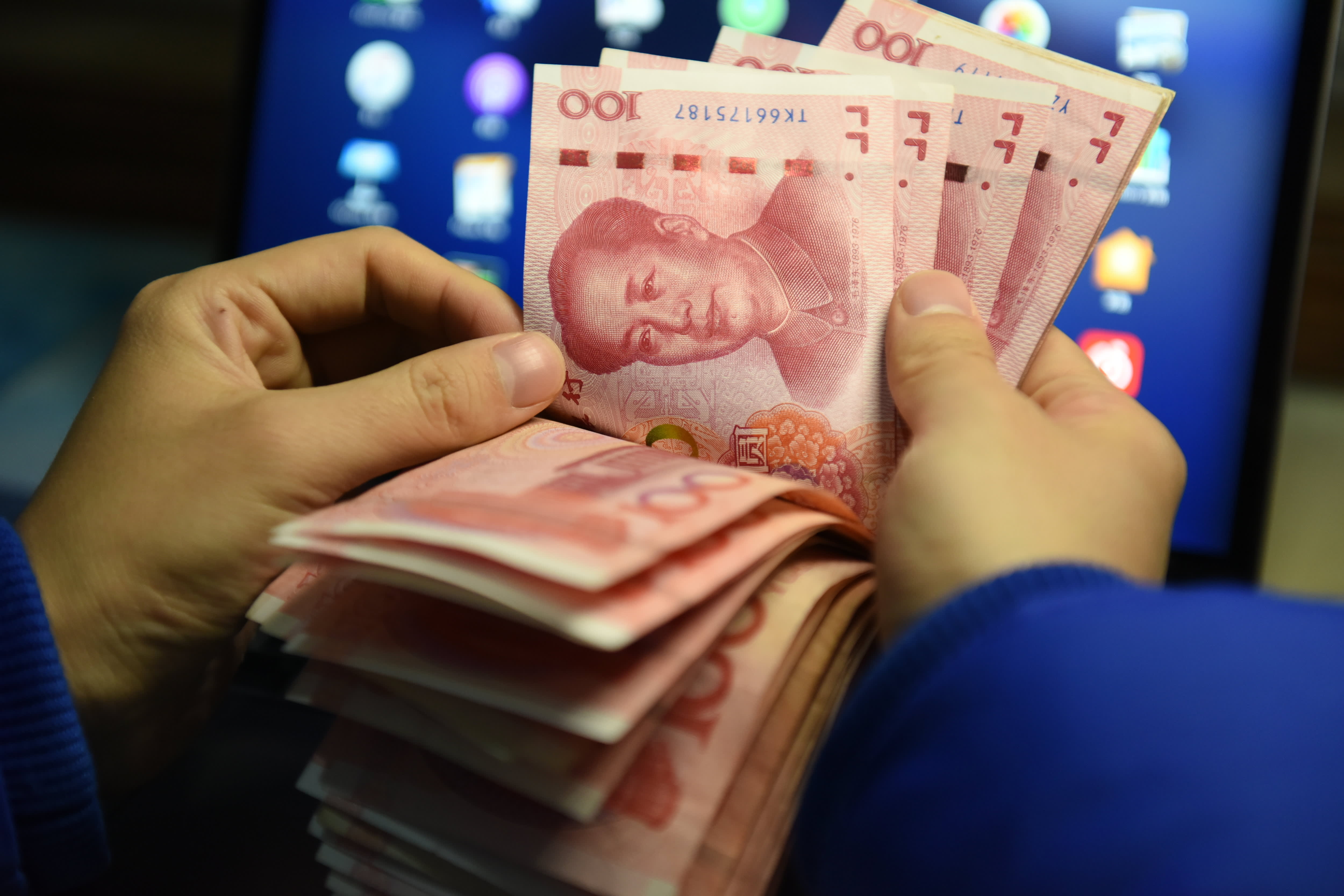
SINGAPORE — The Chinese yuan will continue to strengthen against the U.S. dollar, even though China’s central bank has taken steps to curb its currency appreciation, analysts told CNBC.
The onshore Chinese currency appreciated by nearly 3.9% since the start of 2020 before the People’s Bank of China changed rules over the weekend, making it cheaper for traders to bet against the yuan. The yuan’s year-to-date gains against the greenback were pared after the announcement — to about 3.4%, as of Thursday morning Singapore time.
In general, though, Marc Chandler, chief market strategist at Bannockburn Global Forex, said the PBOC’s move is “a small technical adjustment.”
“I think it’s just a mild protest, a mild pushback against the sharp appreciation” of the yuan, he told CNBC’s “Squawk Box Asia” on Tuesday.
“I’m not sure that this is a big change of direction and I’d still be looking for the (yuan) to finish stronger, maybe closer to 6.65 before the end of the year,” he said. The onshore Chinese currency is currently trading at around 6.7234 against the U.S. dollar, while its offshore counterpart changed hands at about 6.7177 against the greenback.
Similarly, Peter Chia, senior foreign exchange strategist at United Overseas Bank, said the move by the PBOC would only leave the yuan “a little bit more stable, rather than appreciating non-stop.” Chia forecast the yuan could hit 6.60 against the U.S. dollar by the middle of next year.
He explained to CNBC’s “Street Signs Asia” that as long as the “bigger macro factors” weighing down the greenback remain, the U.S. dollar could weaken further against the yuan in the coming quarters.
“We think the medium-term trend remains extremely constructive for the Chinese yuan,” said Adam Margolis, head of foreign exchange, commodities and rates for Asia at JPMorgan Private Bank.
UOB’s Chia also pointed out that it’s not the first time the Chinese central bank has made such a move. Its previous action in September 2017 “didn’t really stop” the weakness in the greenback from eventually weighing down the U.S. dollar-Chinese yuan currency pair, the strategist said.


